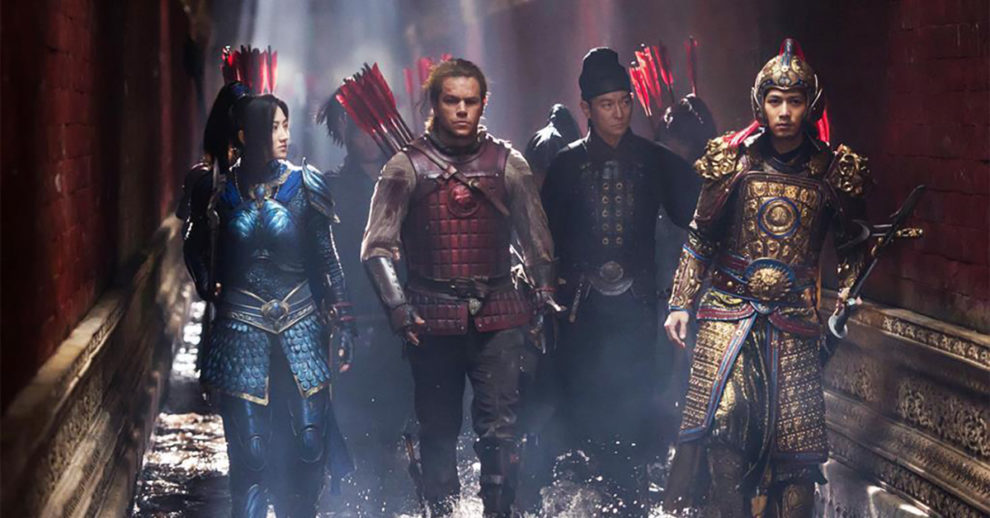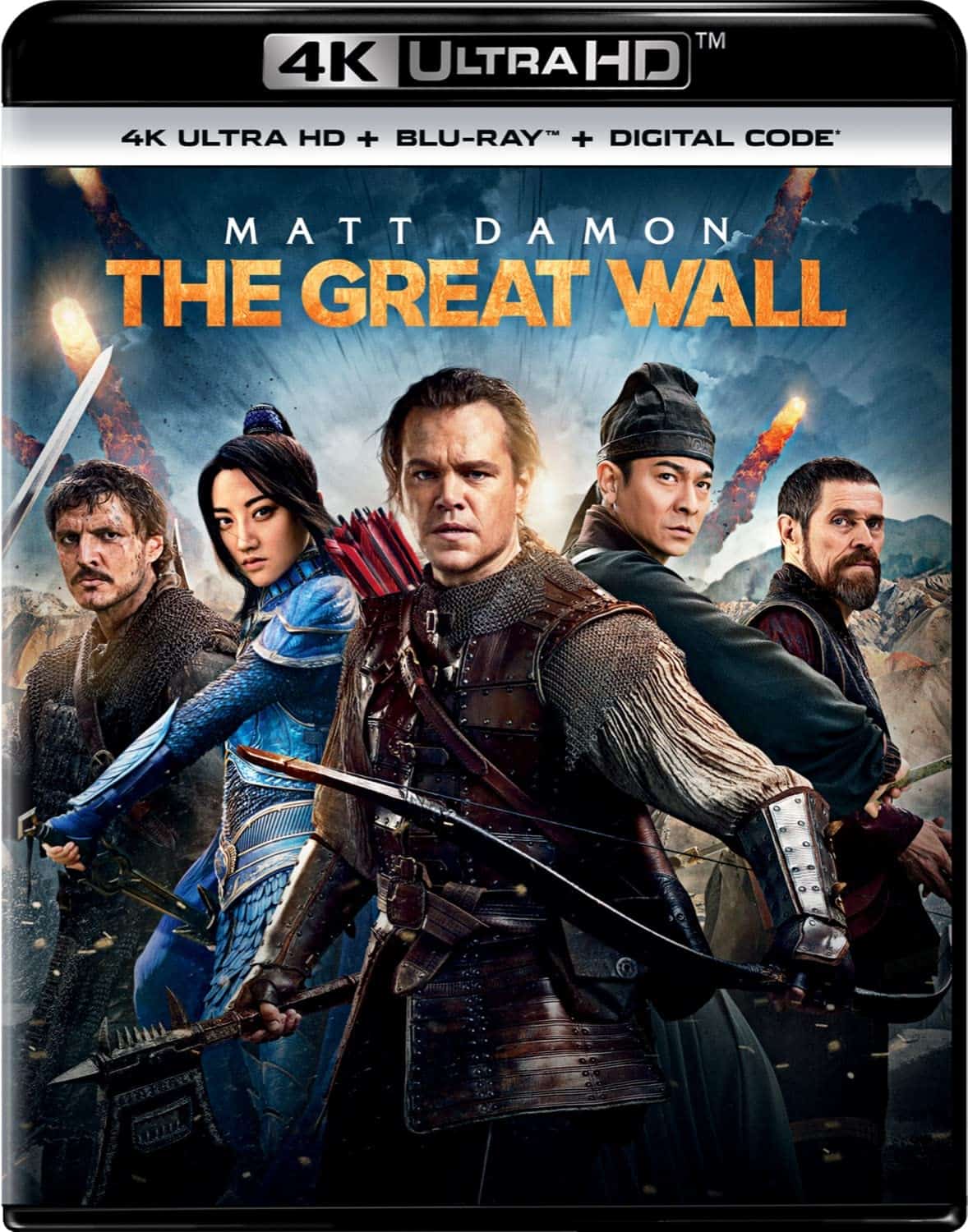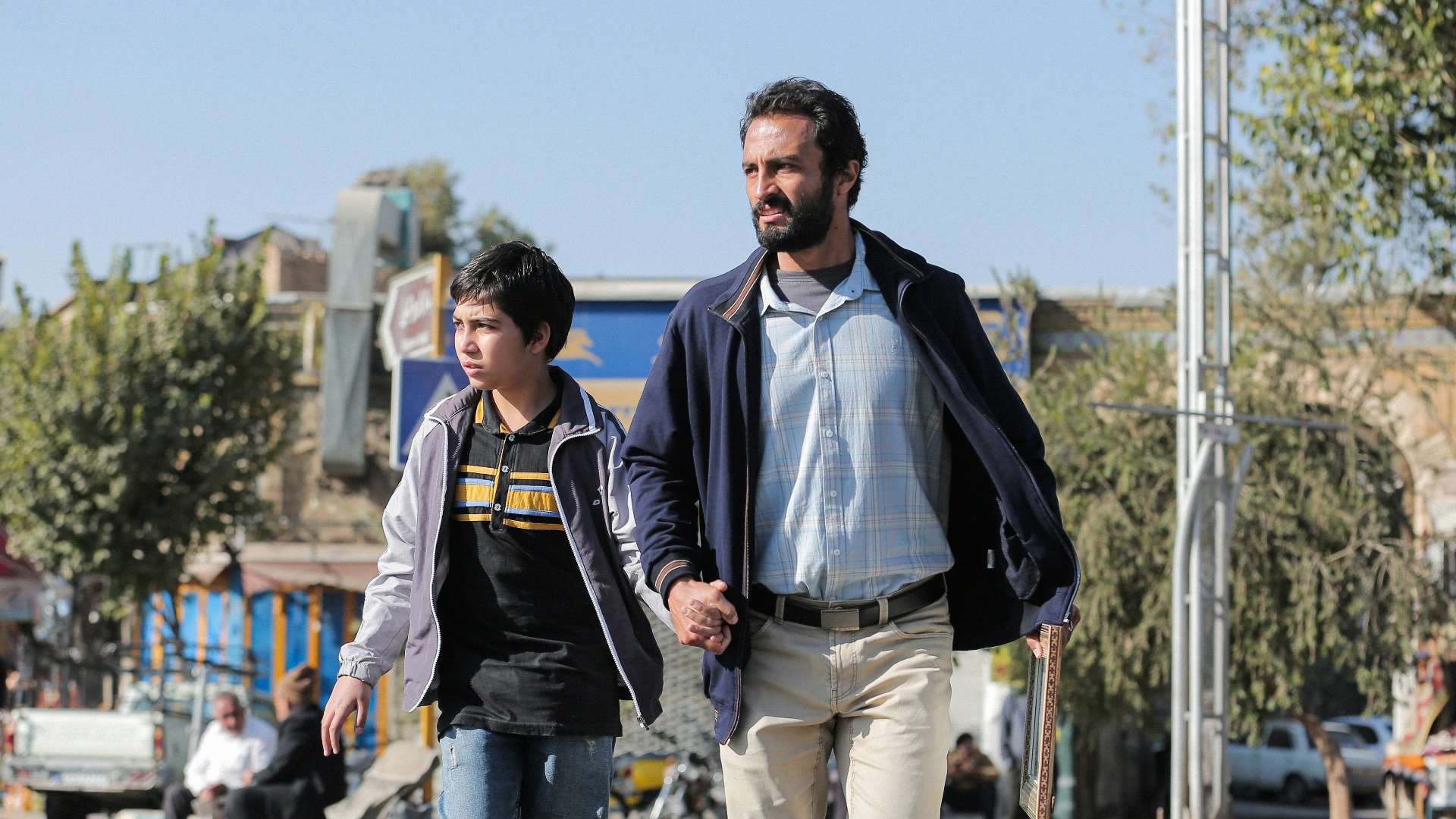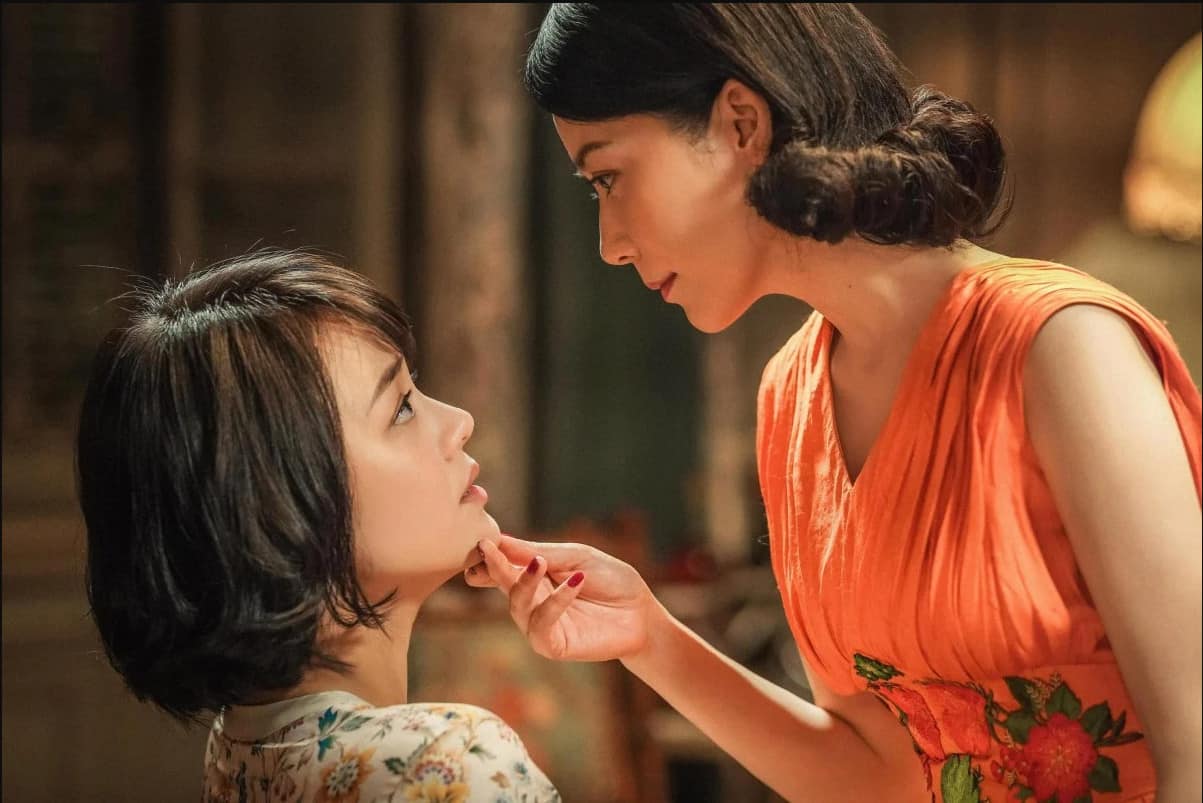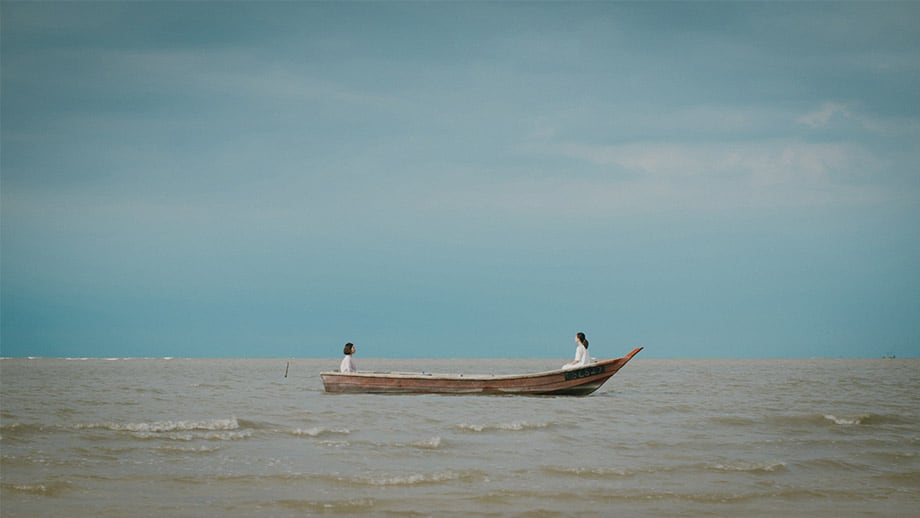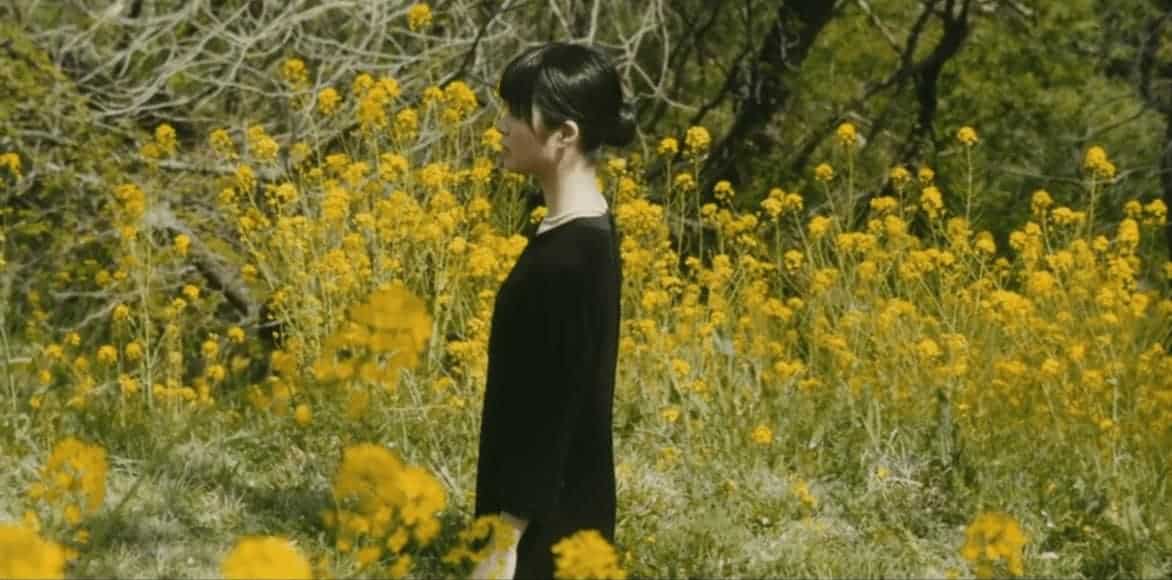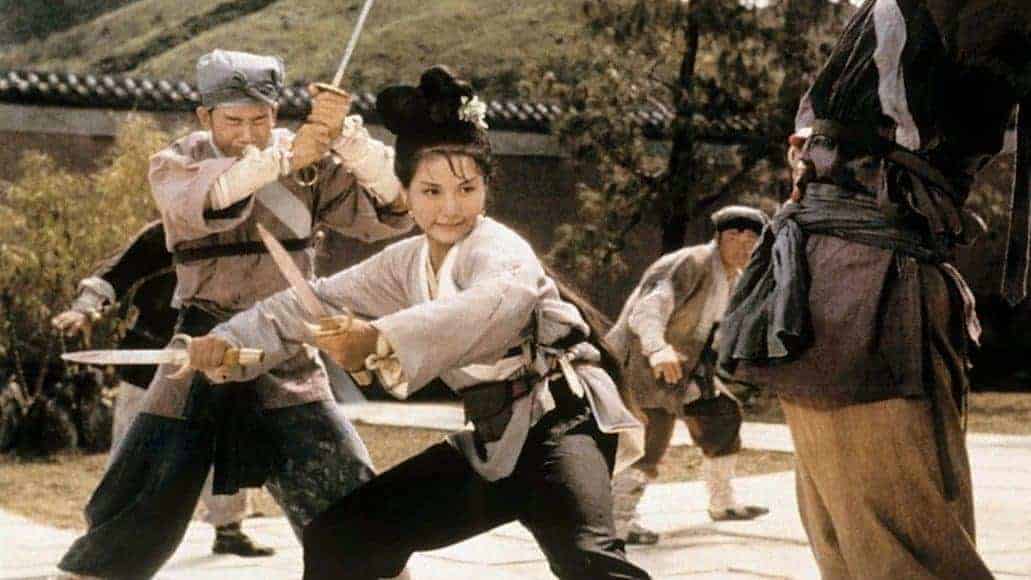Unless you spent the whole 2016 growing potatoes on Mars, there's a good chance you got some echoes of the controversy and headlines generated by the release of “The Great Wall”. Directed by veteran Chinese director Zhang Yimou, and produced by the Hollywood-based – but Chinese-owned – Legendary studio, it was the most expensive film made in China to that date and was thought to have opened a new era of collaboration between China and the US. The cast includes some of the most famous Chinese actors and A-list star Matt Damon. Certainly, an easy target for criticisms, and even just the release a few months prior of the first teaser and trailer had in fact unleashed an avalanche of comments and accusations, mainly of whitewashing and in particular of re-proposing the same old tale of the white hero who arrives, saves the whole China and possibly snatches a trophy-woman too. But did all these accusations really correspond to reality? Let's see.
Buy This Title
on Amazon by clicking on the image below
William (Matt Damon) and Tovar (Pedro Pascal) are two strangers in a China that resembles the Wild West a lot. Adventurers with a shady past as mercenaries, they move around the country in search of the precious black powder (gunpowder). The two have just escaped an attack in which William killed a mysterious green monster and kept its hideous claw, hoping that someone could reveal to him what kind of beast it belongs to. On their journey, the two come across a massive army, stationed along a majestic wall and, reluctantly, they find themselves involved fighting alongside it, in a violent attack by a horde of ferocious monsters called Tao Tei that correspond to the one previously killed by William.
William and Tovar learn from Commander Lin (Jing Tian) and strategist Wang (Andy Lau) that the Tao Tei monsters originally generated from the impact of a meteorite; they are driven by greed and appear every 60 years, always attempting to cross the wall to conquer the capital city. The Chinese army is powerful and well organised but it is slowly giving in to the monsters that are becoming more and more evolved and cunning.
To be honest, the film has no trace of whitewashing, nor does it proposes, as deductively accused, a white superman who saves the destiny of the world. On the contrary, Western characters and the Chinese army are equally valiant; on the flip side, Westerners emerge a little more dishonest and decidedly more negligent about ethics and the common good. If anything, the film can be criticized for having a predisposition to harmless stereotypes (lanterns in the night sky, Chinese female soldiers who move like Olympic gymnasts) and to generalizations. Lin and William are two blanket impersonations, respectively of good Chinese collectivism (“we are alive because we trust each other” she says) and of Western individualism (“I am alive because I do not trust anyone” he replies), who benefit from mutual help.
There are no major “political” missteps and instead, the film is very significant because it marks a shift of the power center-of-gravity, in the long courtship between China and the US. China is no longer a simple guest in a Hollywood film as it was in the past, in “The Great Wall” there is instead an opposite transnationality and a decisive change of perspective.
And now the bad news. Sadly, neither this historical/commercial relevance, nor the absence of a real whitewashing are enough to save a fundamentally stiff and cold film that suffers from a poor and absolutely predictable script. The characters development is rather superficial as the dialogues are reduced to an essential minimum, in favor of action and a lot of CGI, giving little space and lines to the supporting characters (see the under-exploited Andy Lau and the useless Willem Defoe / Mr. Ballard). The story – not very articulated and devoid of twists – does not surprise or intrigue, and all this ends up killing the viewers' empathy and their involvement in the narrative. William has the depth of a videogame character and, sadly, there is no chemistry with Lin who in turn fails to ooze the presence and authority that the story would require. The director has always had beautiful and charismatic muses, from Gong Li to Zhang Ziyi, but Jing Tian can't keep up with the talent of her colleagues, despite her indisputable beauty.
Zang Yimou is a director of enormous caliber; there is his unmistakable touch in the beautiful visual impact of the film, in the creative use of colors and in the well-orchestrated and suggestive battles, but “The Great Wall” does not take off and fly. Instead, it remains suspended in the limbo of honest but not memorable popocorn-movies. Not terrible, but overall it is a film that will be probably remembered for all sort of reasons, other than those for which it was conceived.


